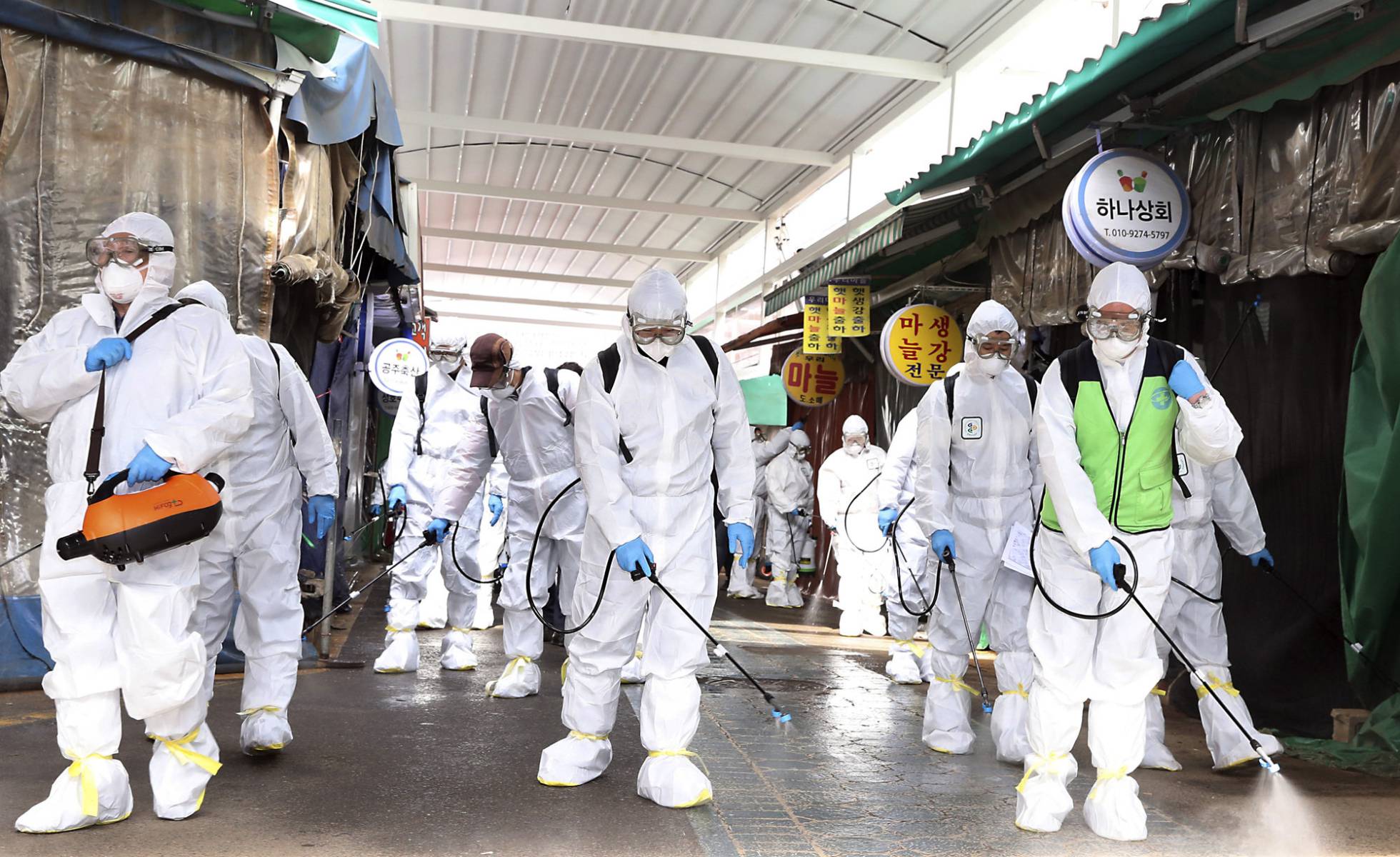


When you visit an oral surgeon’s office, Koshgerian said, she’ll take X-rays to visualize your mouth, but will also take your oral history to pinpoint any underlying issues. If a tooth “is considered non-salvageable by the dentist, oftentimes it’s referred to an oral surgeon for treatment,” Koshgerian said. There are ways to safely attend an appointment, since offices have implemented safety precautions like social distancing and screening during the pandemic. If you’re experiencing symptoms, calling your dentist early on - before the problem worsens - is best. If you use salt or baking soda to whiten your teeth, here's why you should stop “Also, if people have partners,” he added, “oftentimes the partners are the ones that tell the patient themselves that clenching is happening because it’s audible to the person that may be sleeping or cohabitating with the person.”

If the sides of your face feel sore when you awaken, you might be grinding your teeth at night, Koshgerian said. Symptoms of bruxism include pain when teeth are together and/or brushed, swelling indicative of infection, lingering pain and/or cold or broken pieces of teeth, Peek said.
#CORONA CRACK CRACK#
Bruxing can damage fillings or crowns, or crack teeth. “In the oral surgery or dental realm, often that translates to people bruxing their teeth,” he added, describing the condition in which people involuntarily gnash, grind or clench their teeth. This 5-minute meditation routine will calm you downĬovid-19 doesn’t make teeth more fragile, but the “anxiety that surrounds everything that’s going on - Covid, the rioting, the protesting, the looting (and) the general state of the country - has gotten everybody’s thermostat dialed up a couple notches,” Koshgerian said.


 0 kommentar(er)
0 kommentar(er)
